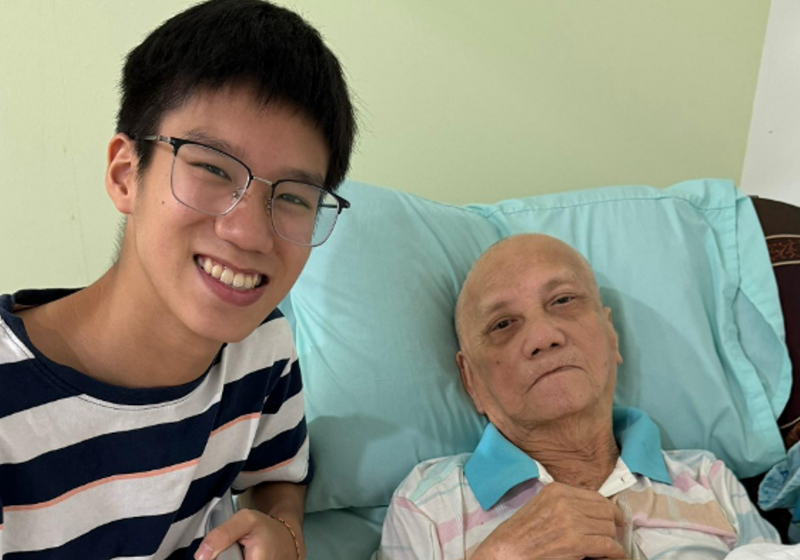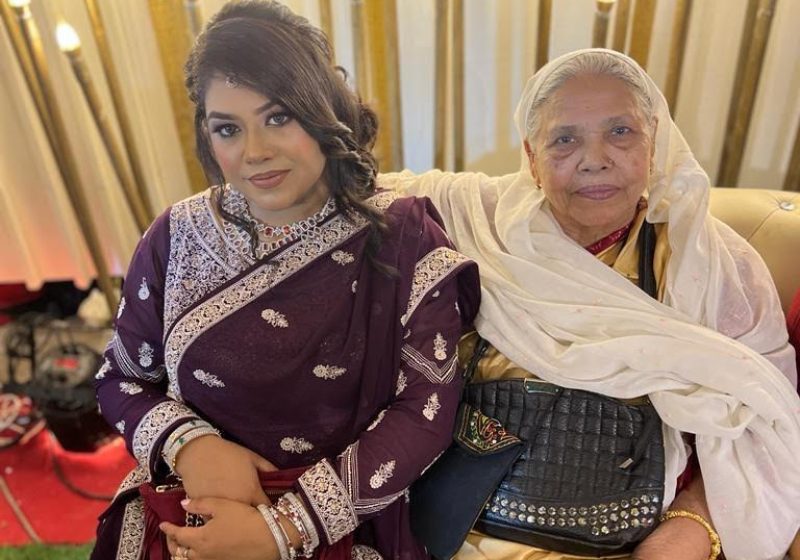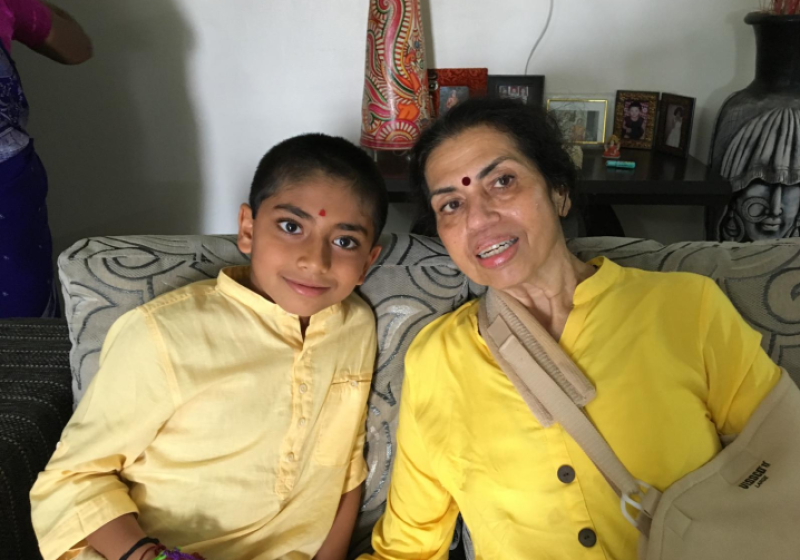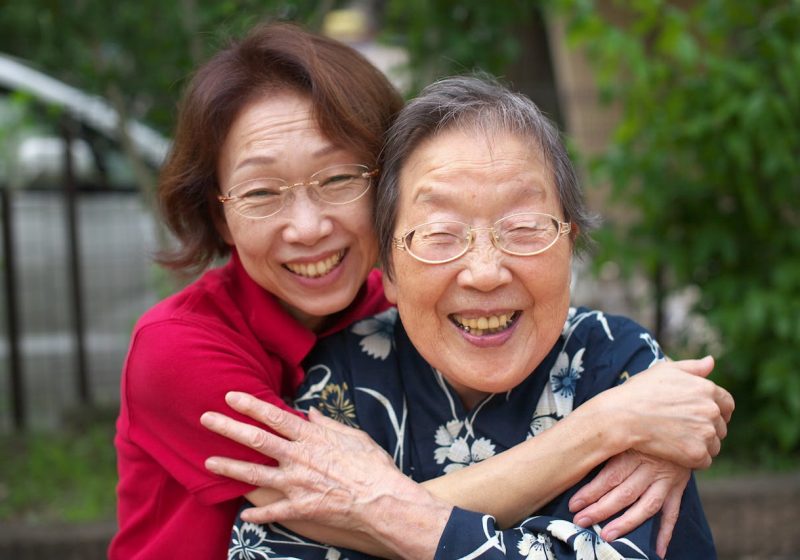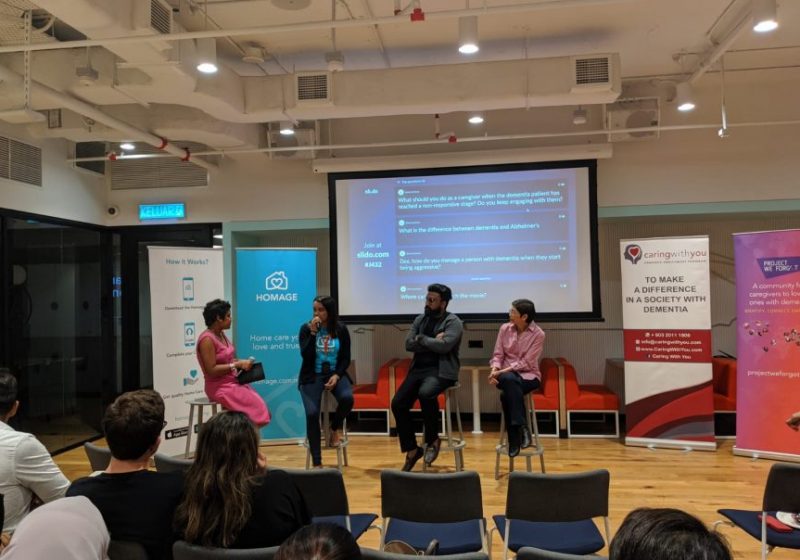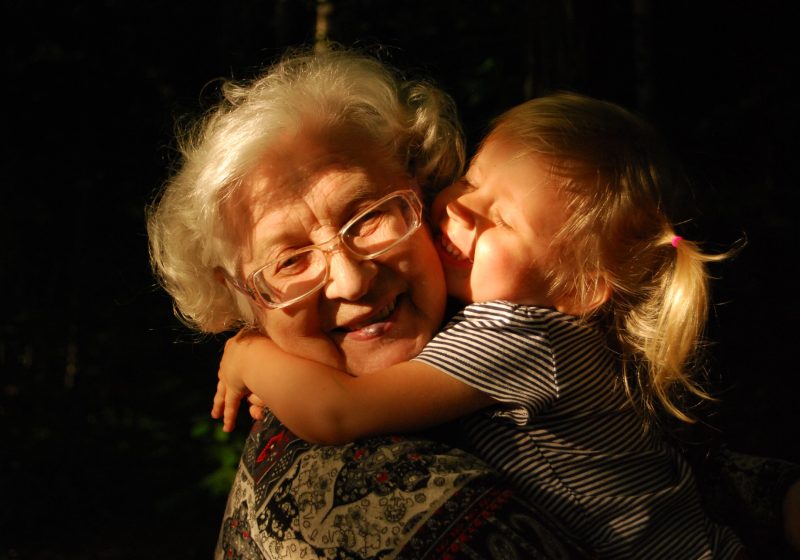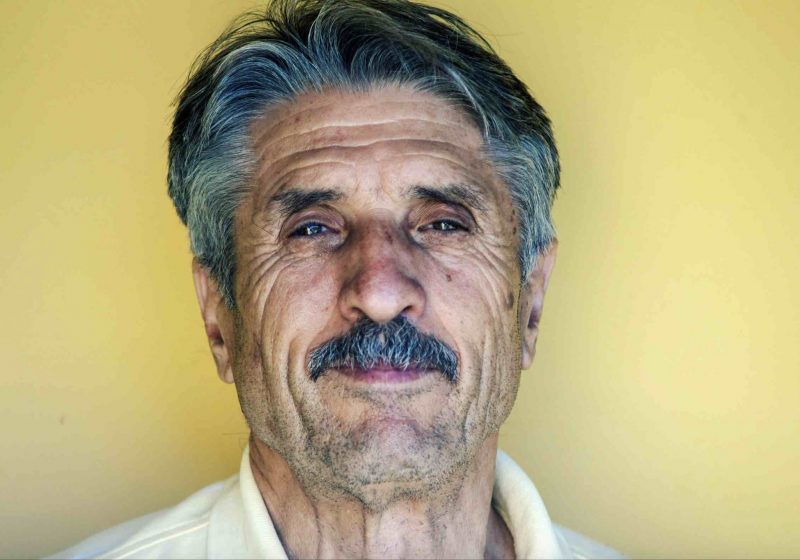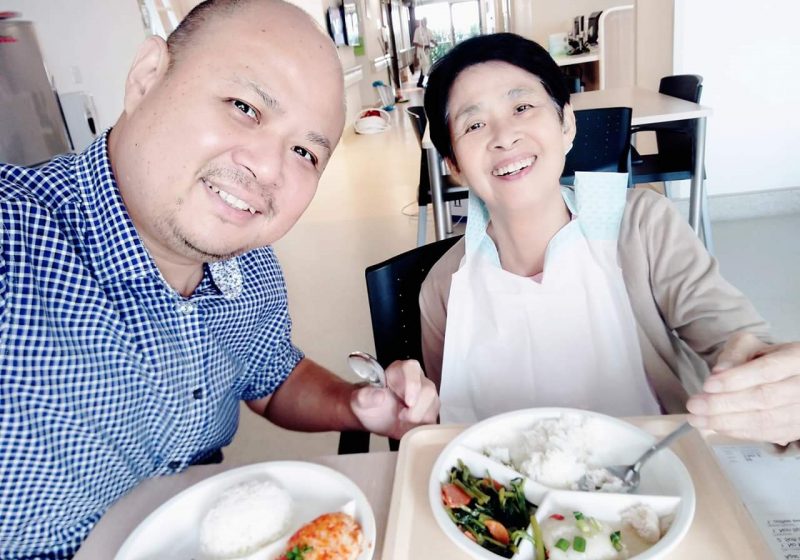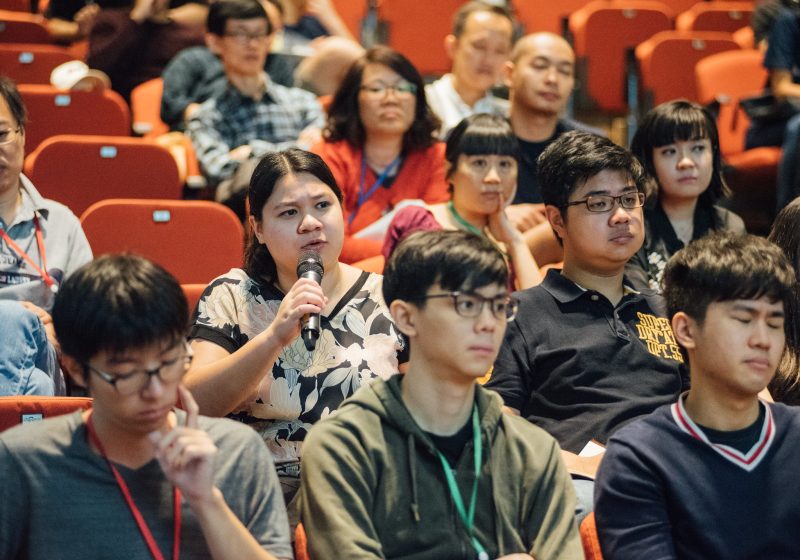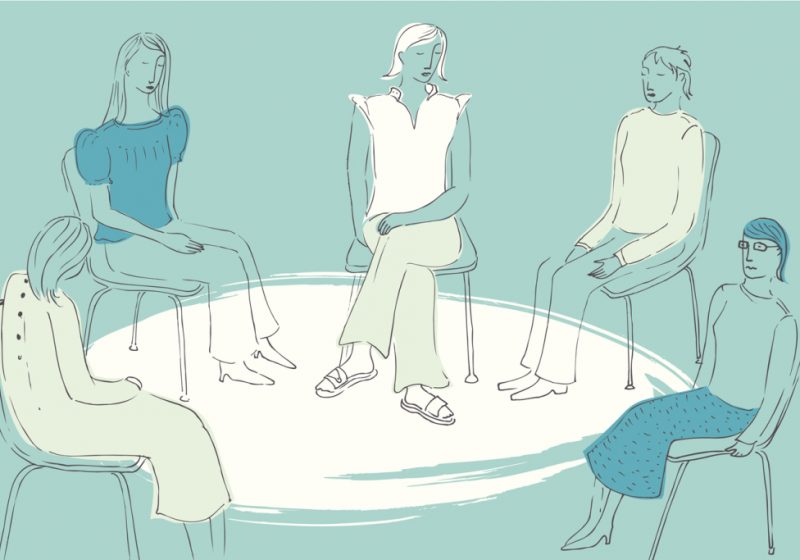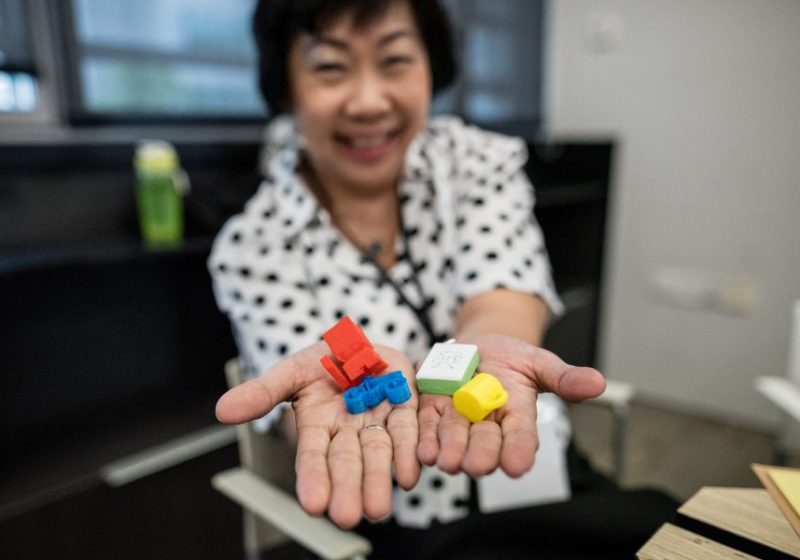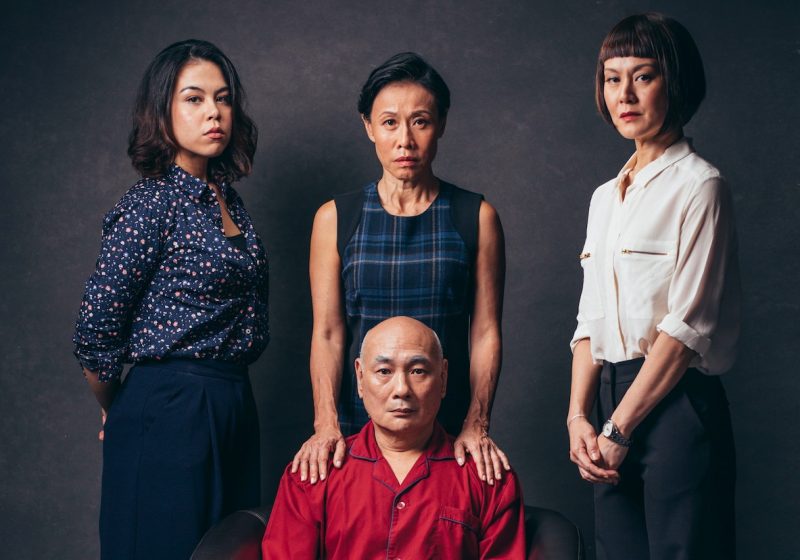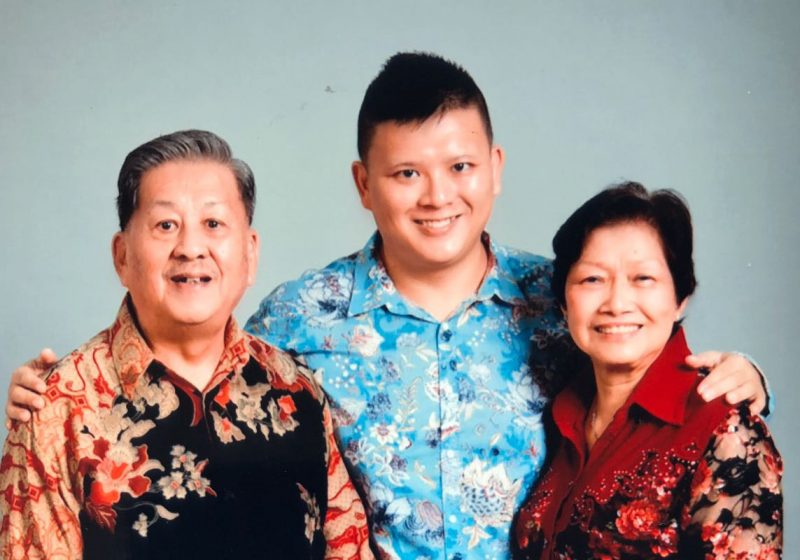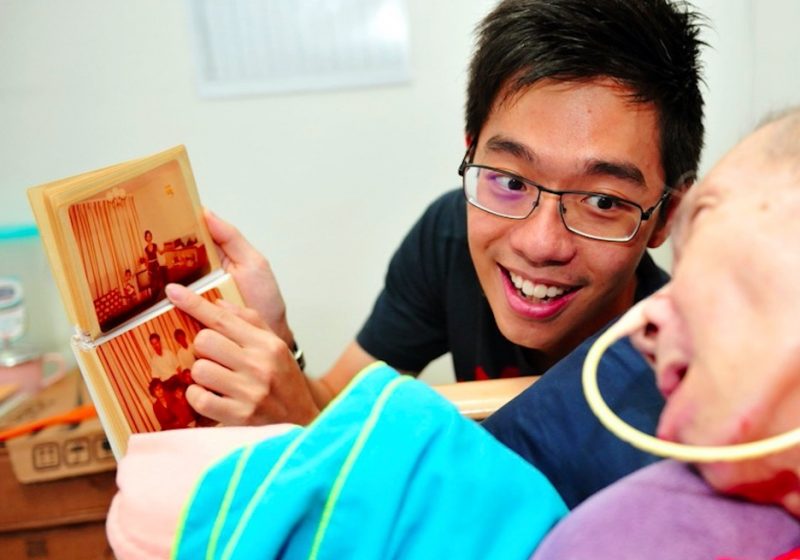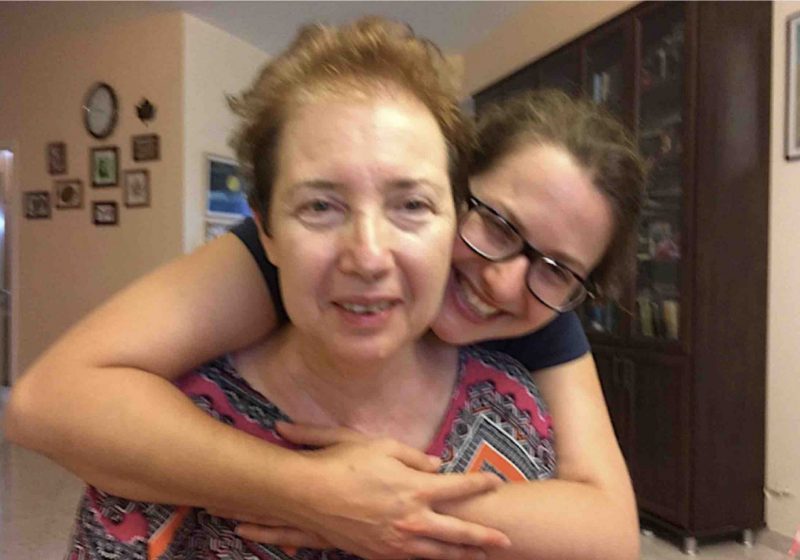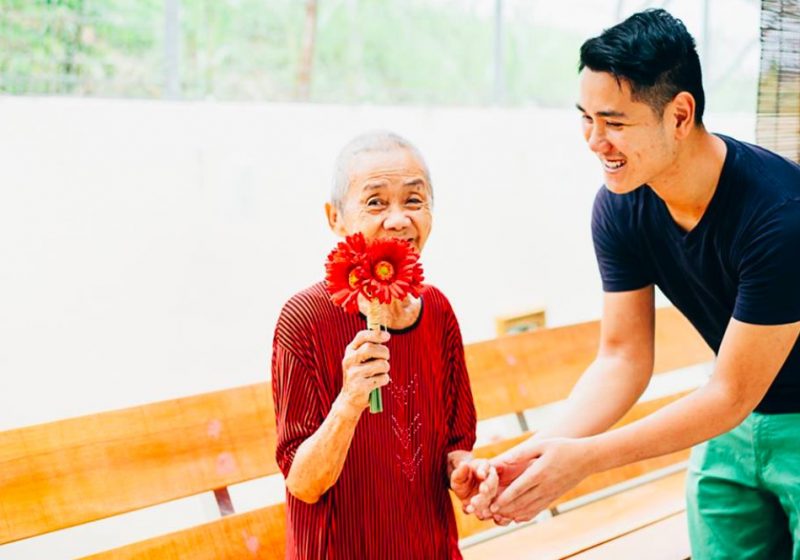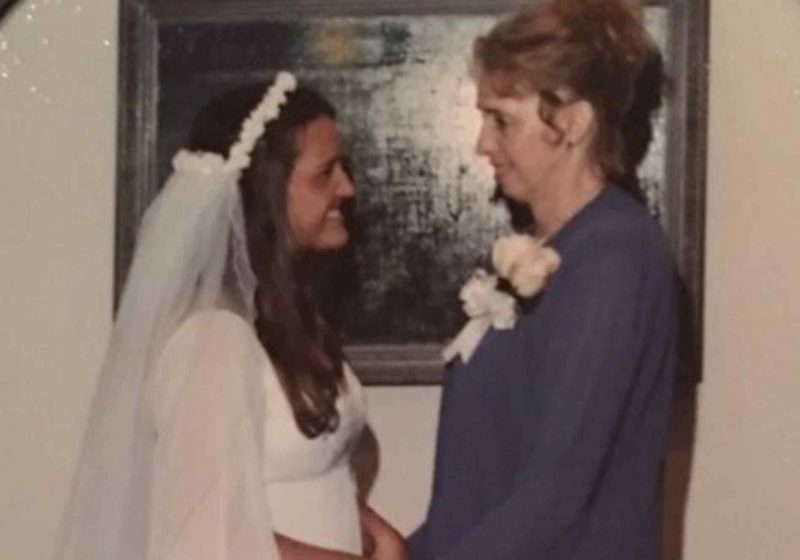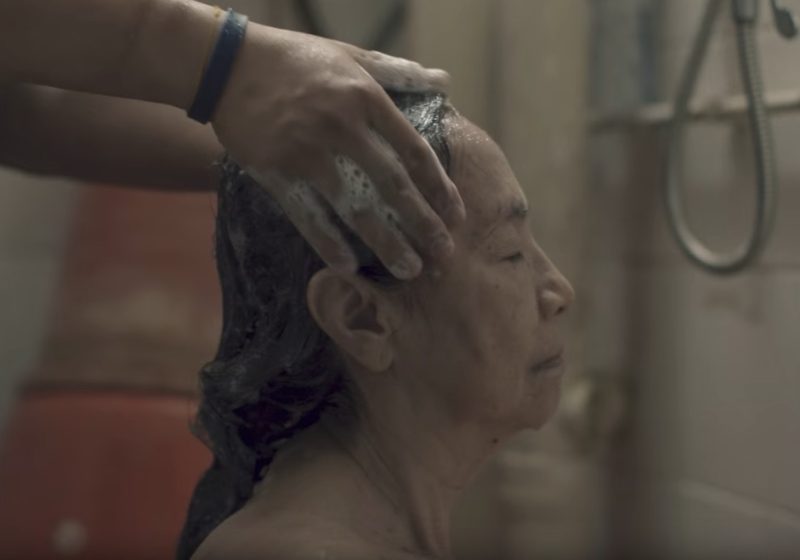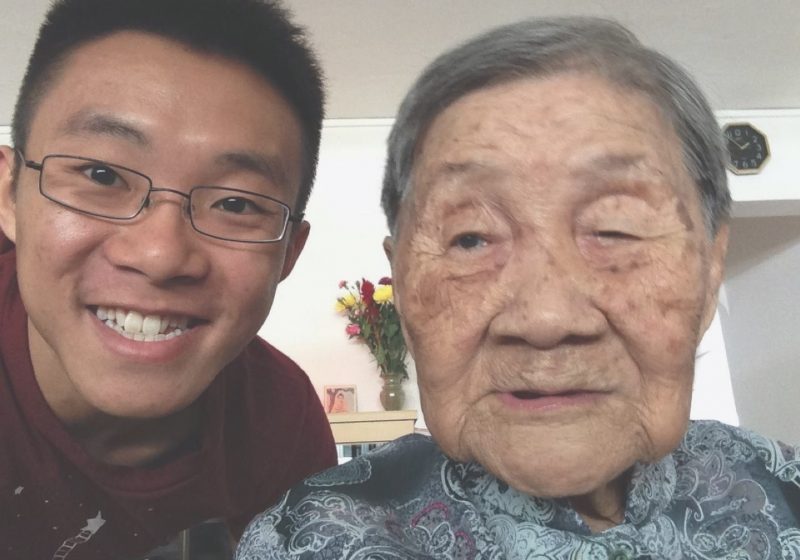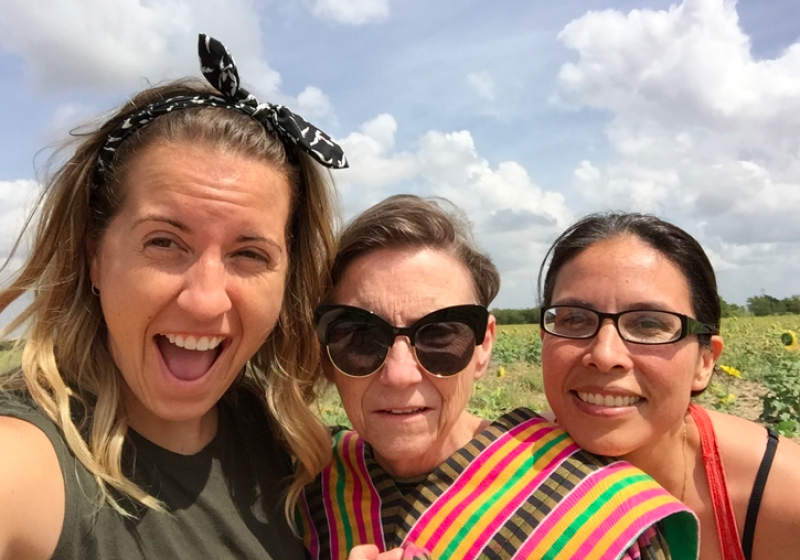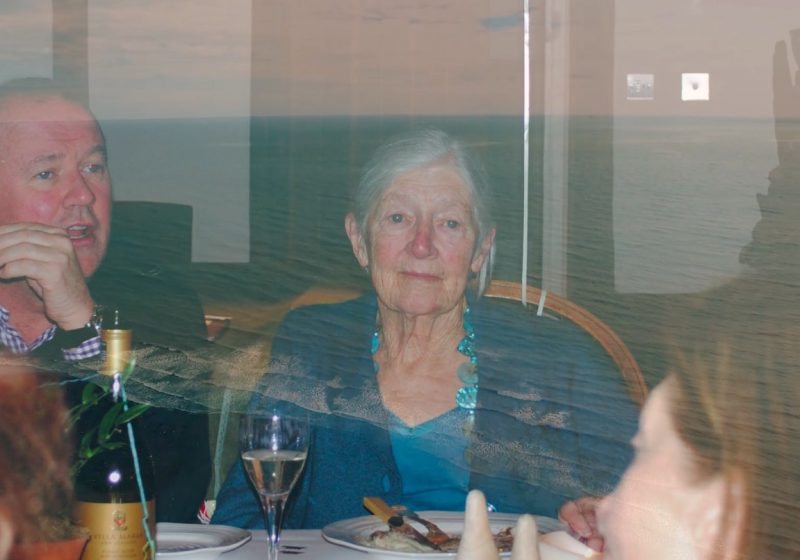Dealing with the diagnosis of your loved one with dementia? These five tips will help guide your journey as a young caregiver.
By Sriyani Rao
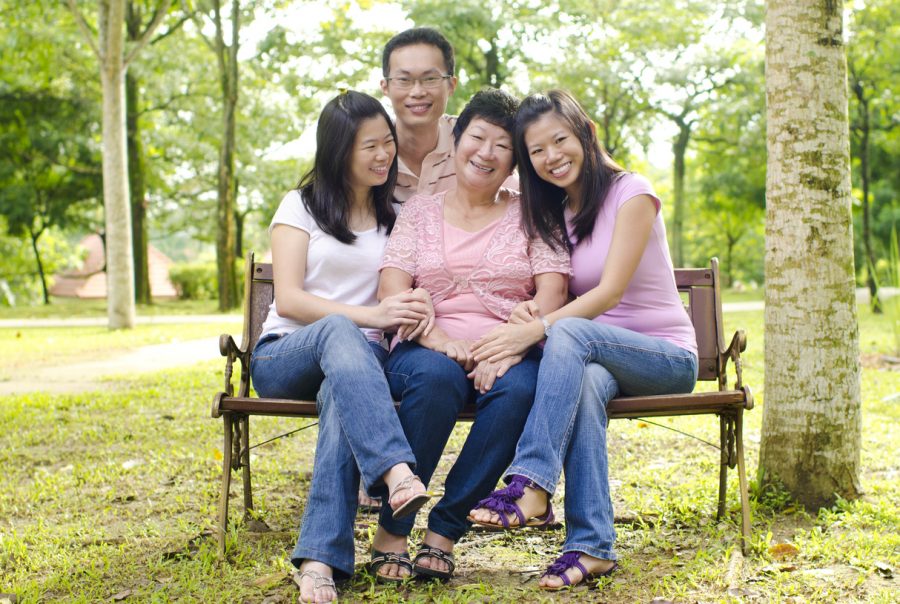
The best-laid plans are no match for the curveballs that life throws at you, especially when you’ve just heard that your loved one is diagnosed with dementia. Shock, confusion and anger are some of the mixed emotions you may be experiencing at this stage. In navigating these emotions, embracing the role of a young caregiver can be a daunting prospect. Stay calm—you are not alone.
Alzheimer’s disease currently impacts more than 50,000 people in Malaysia. You may be among the many young caregivers in the country who are beginning their journey in caring for people with dementia. These small but significant tips would guide you in the beginning stages of your caregiving journey.
Stay informed about dementia
In the early stages of dementia, your loved one may exhibit noticeable symptoms that can affect their day-to-day life. There may be issues with memory, speed of thought, language or behaviour. Your loved one may need assistance in performing basic tasks such as paying a bill or following a recipe.
As a young caregiver, start learning about dementia and what to expect in the various stages. The more informed you are about dementia, the better prepared you will be as your loved one’s condition progresses. It is worth listening to a recent BFM podcast where Prof. Dr. Shahrul Bahyah Kamaruzzaman, Consultant Geriatrician at Malaysia’s UMMC and UMSC, speaks of memory issues in the elderly.
Be transparent with close family & friends
In moments like these, family members and close friends can be your pillars of strength and support. Sharing the diagnosis with them could bring relief and make socializing a little easier. They are more likely to be tolerant and understanding of the changes in your loved one’s personality or behaviour.
Over time, family and friends would become skilled at adapting their behaviour in order to avoid frustrating incidents with your loved one.
Explore viable financial options
As your loved one’s condition progresses, expenses for medication and doctor’s consultation fees will eventually go up. In the later stages, you may require the help of a home care professional and medical equipment to assist your loved one—adding to the bills on the table.
Start exploring the financial options that are available to you, considering all sources of income and your commitments. While it is important to plan your loved one’s finances, it is equally important to ensure that you are financially sound as well.
Make simple, practical adjustments
In the early stages of dementia, a number of practical measures can be put in place for your loved one to remain independent. These measures will also give you peace of mind while caring. Try the following:
- Keep a pen and calendar with large writing spaces near the phone.
- Write down all important events such as appointments, social activities, due dates for bills, and medical visits and put these up in a visible spot.
- If your loved one is taking medication, keep the pills or tablets organized to make it easier to remember when to take. Alternatively, you can ask your pharmacist to blister pack the medications to facilitate the correct dosage.
“The ability to be able to express frustration in dealing with the diagnosis without judgment and with people who “get it” has been such a source of strength for me.”
Connect with other caregivers
Caring for your loved one with dementia can be emotionally, physically and mentally exhausting, especially in the later stages. As a young caregiver, you would do well to connect with others in Malaysia and exchange experiences to make caregiving a less lonely road.
The Project We Forgot (PWF) Dementia Community is a community network of support for young caregivers in Singapore and now, Malaysia. Join our network to connect with other caregivers in learning about their journey and inspire others in caring for persons with dementia.


